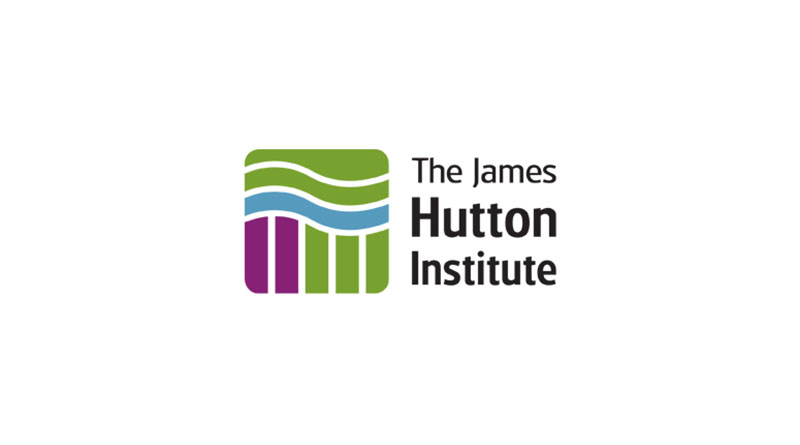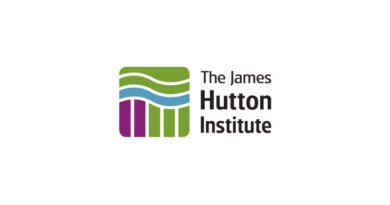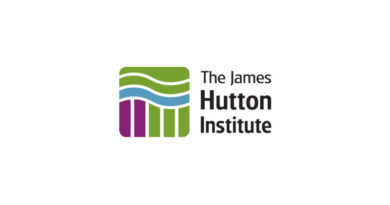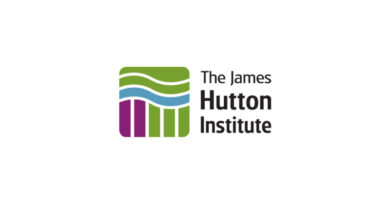£2.9 m research project launched into small island states health and sustainability
19 April 2023, UK: The James Hutton Institute has joined a new £2.9 million research project in the Caribbean, Pacific and Philippines that aims to improve population nutrition through ecologically sustainable local food production.
The project, funded by the UK’s National Institute for Health and Care Research (NIHR), will provide new evidence on the burdens of diet related diseases, such as type 2 diabetes, and on food production practices.
The NIHR Global Health Research Group on Community Food for Human Nutrition and Planetary Health in Small Islands (GCFaH) will work with local food producers and retailers, and with local communities, to co-design and evaluate interventions for better population nutrition. The interventions will be designed to be economically, socially and ecologically sustainable.
The project builds on several years of collaboration between universities and civil society organisations in the global south and north. It is co-led by the University of Exeter (UK) and the University of the West Indies (Barbados), with The James Hutton Institute and academic and civil society partners in Fiji, the Caribbean, and Philippines.
The project brings together experts from a broad range of disciplines, including in agriculture, fisheries, economics, social sciences, epidemiology, public health, nutrition, and chronic non-communicable diseases.
Globally, the way that food is currently produced is unsustainable, being a major contributor to climate change and to biodiversity loss. In addition, burdens of nutrition related diseases are high in all regions of the world, and especially in small island states. Together the partners in this new research project aim to help provide solutions that will both improve population health and nutrition and ecological sustainability.
Dr Graham Begg from The James Hutton Institute, says, “Throughout the world, our agriculture and food systems negatively impact the environment, yet we still struggle to provide populations with sufficient nutritious food. These problems can’t be resolved in isolation so it’s essential that we work together to understand and build food systems that recognise the intimate connection between human and ecological health.”
Prof Nigel Unwin, Project Co-Lead at University of Exeter said “In small island countries of the Caribbean, South East Asia and the Pacific, around two thirds of the food consumed is imported. Most of the imported food is of low nutritional value. At the same time, local food production has been steadily declining, made worse by extreme weather events associated with climate change. All of these countries have high burdens of nutrition related ill-health, including non-communicable diseases associated with overweight and obesity and deficiencies of some micronutrients, especially iron. This project aims to provide evidence on how to improve human and ecosystem health for better nutrition.”
Dr. Madhuvanti Murphy, Project Co-Lead at University of the West Indies added “The beauty of this project is that it is itself an ecosystem. We have stakeholders across a wide variety of disciplines and from different levels of the food system coming together to co-design community interventions for food production that we hope will improve diet diversity and nutrition security, while being good to and for the planet. Given the many similarities across our small island states, there is opportunity for transferability and scaling up of successful interventions. We also hope that evidence from our work will be utilized by policy makers, and that policies related to areas such as health or agriculture will as well take a multi-disciplinary approach.”
Since the project began in August 2022 members of the project team have travelled to the intervention sites in each country to meet with national policy makers, local Non-Governmental Organisations and communities where the work will take place.
The NIHR is funded by the Department of Health and Social Care. Its work in low and middle income countries (LMICs) is principally funded through UK Aid from the UK Government.
(For Latest Agriculture News & Updates, follow Krishak Jagat on Google News)















